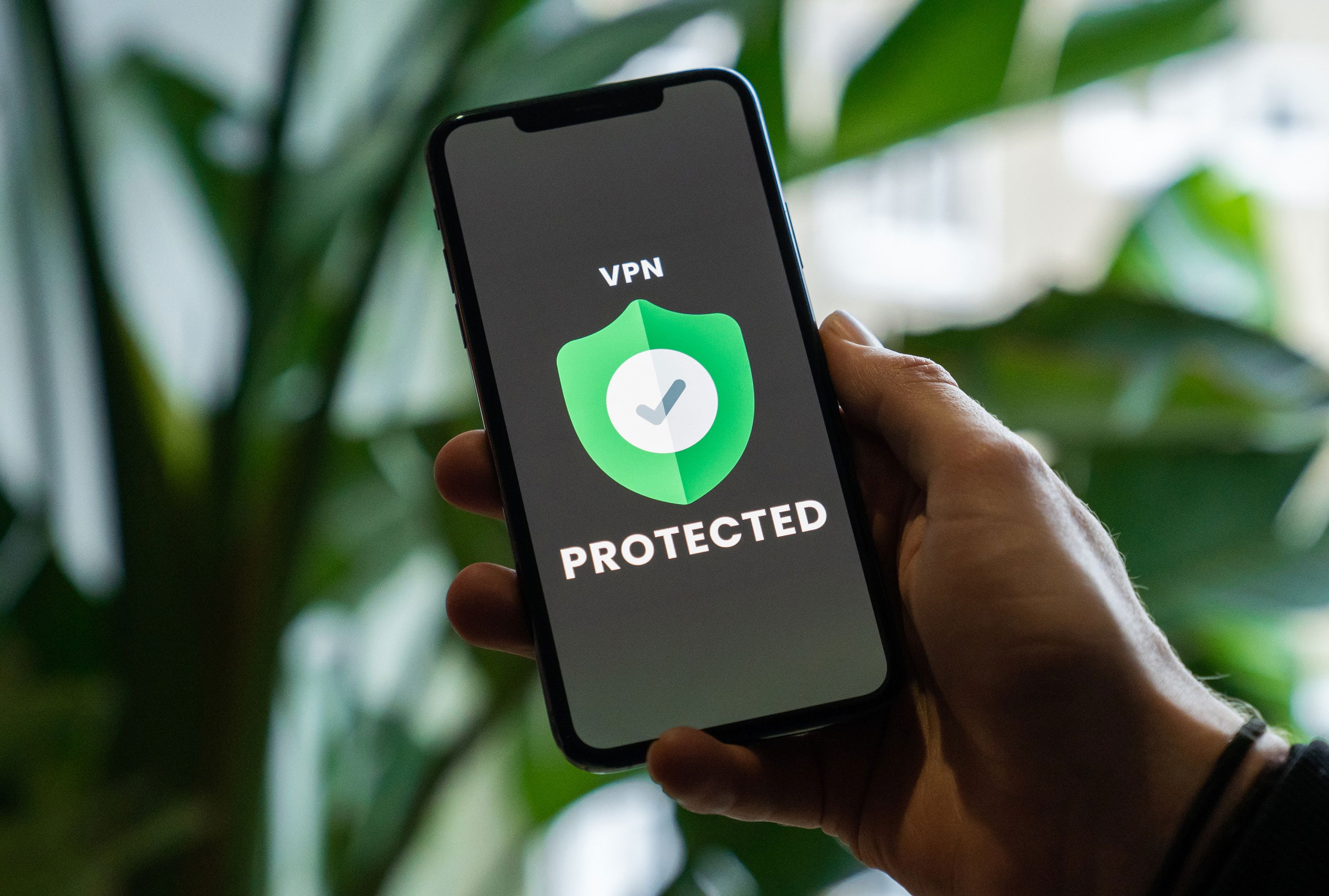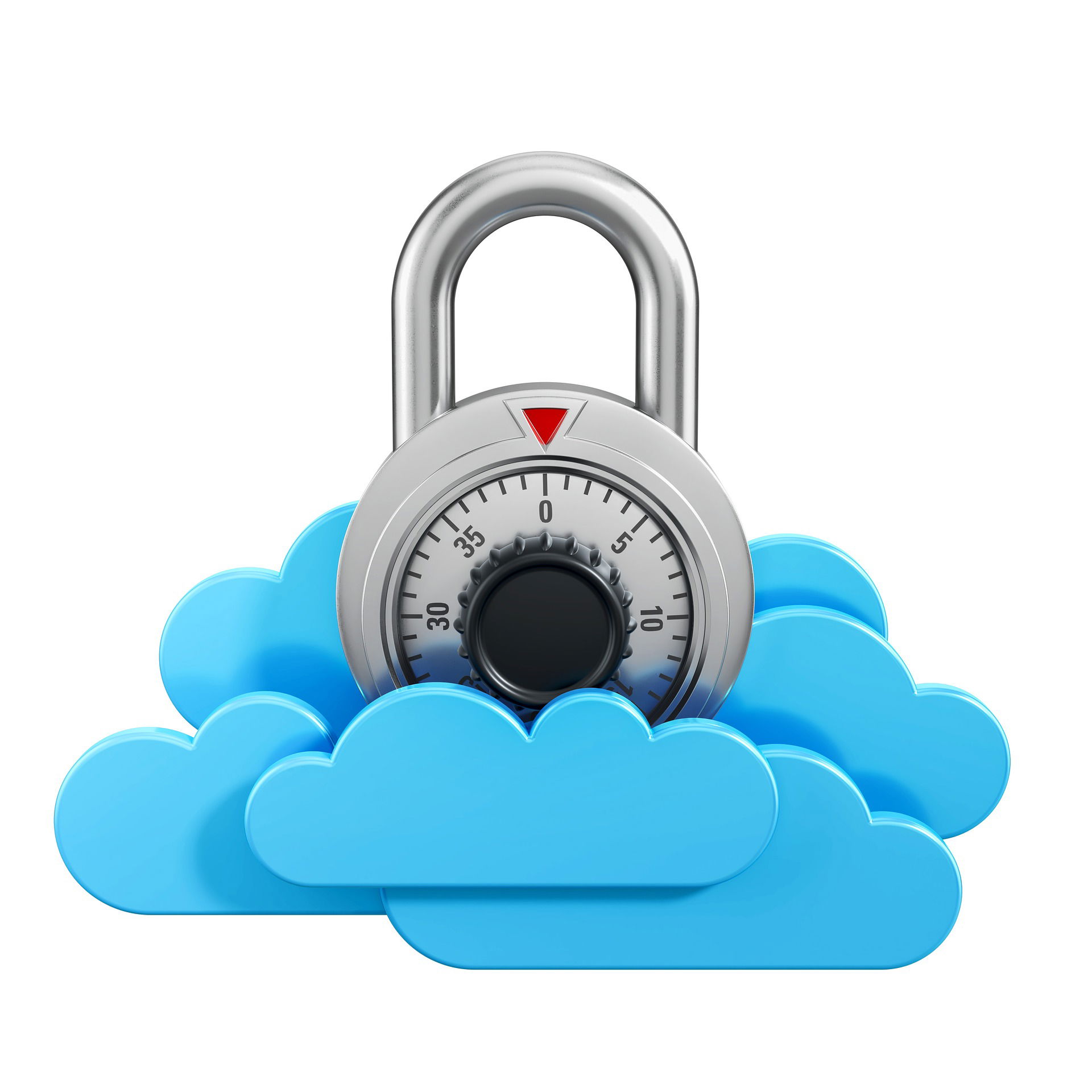Rx for Security and Privacy in Modern Healthcare
Rx for Security and Privacy in Modern Healthcare: VPNs and Cloud Computing Storage in Modern Medicine
In today's rapidly advancing healthcare landscape, the digitalization of medical records, the proliferation of interconnected devices, and the rise of telemedicine have ushered in a new era of efficiency and accessibility. However, with these advancements comes the pressing need for robust security measures to protect sensitive patient data and ensure the integrity of medical operations.
🌐🔒 Get 86% OFF the 2-Year VPN Plan for just USD 1.64/mo + Enjoy an Extra 6 Months FREE!
I. Introduction
In an age where technology is a cornerstone of modern medicine, the critical intersection of security and healthcare demands attention. This article explores the role of Virtual Private Networks (VPNs) and cloud storage in fortifying the digital infrastructure of medical institutions, offering a prescription for enhanced data security.
II. The Evolving Landscape of Medical Data Availability
A. Expansion of Electronic Health Records (EHRs)
Electronic Health Records (EHRs) have become the backbone of modern healthcare systems, streamlining patient care, and centralizing medical information. As the volume of digital patient data grows, so does the need for secure storage and transmission.
B. Proliferation of Interconnected Medical Devices
From smart insulin pumps to wearable health monitors, the Internet of Things (IoT) has permeated the medical field. The seamless communication between devices opens new avenues for patient care but also introduces potential vulnerabilities.
C. The Surge in Telemedicine and Its Data Implications
Telemedicine has experienced unprecedented growth, providing remote healthcare services. However, the transmission of sensitive patient data over networks poses security challenges that demand innovative solutions.
III. Understanding the Vulnerabilities
A. Cyber Threats in Healthcare
The healthcare sector has become an attractive target for cybercriminals seeking valuable patient data. Understanding the nature of these threats is crucial for implementing effective security measures.
B. Risks Associated with Unauthorized Access to Patient Data
Unauthorized access to patient records compromises privacy and can lead to identity theft or medical fraud. Safeguarding against such breaches is a primary concern for healthcare providers.
C. Consequences of Data Breaches in Medical Settings
The fallout from a data breach extends beyond financial losses. Patient trust, institutional reputation, and, most importantly, patient well-being are at stake. The consequences underscore the paramount importance of robust security measures.
IV. Role of VPNs in Healthcare Security
A. Definition and Functionality of Virtual Private Networks
VPNs create secure, encrypted connections over public networks, safeguarding data in transit. In healthcare, this technology plays a pivotal role in protecting sensitive patient information from interception by malicious actors.
B. Encryption as a Shield: How VPNs Protect Data in Transit
At the core of VPN security is encryption, transforming patient data into unreadable code during transmission. This cryptographic shield ensures the confidentiality and integrity of information exchanged within the healthcare network.
C. Secure Remote Access for Healthcare Professionals
With the rise of remote healthcare services, secure access to patient records from different locations becomes imperative. VPNs enable healthcare professionals to connect securely to the network, fostering flexible and efficient care delivery.
V. VPN Implementation in Medical Institutions
A. Integration with Existing Infrastructure
Implementing VPNs requires seamless integration with existing healthcare IT systems. Compatibility, scalability, and minimal disruption are key considerations during this phase.
B. User Training and Awareness Programs
The success of VPN implementation hinges on the awareness and adherence of healthcare staff to security protocols. Training programs ensure that users understand the importance of VPNs and are proficient in secure practices.
C. Regulatory Compliance Considerations
Healthcare institutions must navigate a complex web of regulations. Ensuring VPN implementation aligns with industry standards and complies with data protection laws is critical for legal and ethical considerations.
VI. Benefits of VPNs in Healthcare
A. Enhanced Data Privacy for Patient Information
VPNs provide an additional layer of privacy, shielding patient data from unauthorized access. This heightened level of confidentiality is crucial for maintaining patient trust and complying with privacy regulations.
B. Safeguarding Medical Research and Intellectual Property
Medical research and intellectual property are valuable assets that require protection. VPNs secure the transmission of research data, preventing unauthorized access and preserving the integrity of ongoing projects.
C. Mitigating the Risk of Ransomware Attacks
The healthcare sector is increasingly targeted by ransomware attacks. VPNs, by encrypting data and thwarting unauthorized access, serve as a formidable defense against these malicious threats.
VII. Challenges and Solutions
A. Bandwidth Considerations and Optimization
While VPNs provide security, they can introduce bandwidth considerations. Implementing optimization strategies ensures that security measures don't compromise network performance.
B. Addressing Potential Latency Issues
Latency in healthcare operations can have severe consequences. VPNs should be optimized to minimize latency, especially in situations where real-time data access is critical.
C. Continuous Monitoring and Updates for VPN Security
The dynamic nature of cyber threats requires continuous monitoring and timely updates to VPN protocols. Proactive measures are essential for staying one step ahead of potential security risks.
VIII. Introduction to Cloud Computing in Healthcare
A. Overview of Cloud Storage Solutions
Cloud storage offers scalable and accessible solutions for storing vast amounts of medical data securely. An overview of cloud storage options sets the stage for its integration into healthcare systems.
B. Advantages of Cloud Storage in Medical Settings
Efficiency, accessibility, and cost-effectiveness are among the many advantages of cloud storage in healthcare. Exploring these benefits lays the groundwork for understanding its relevance in modern medical practices.
C. Integration with Existing Healthcare IT Systems
Seamless integration with existing IT systems is a critical factor for successful cloud storage adoption in healthcare. Compatibility and interoperability are key considerations during this phase.
IX. Security Measures in Cloud Storage
A. Encryption Protocols for Stored Medical Data
The security of stored medical data hinges on robust encryption protocols. Understanding the encryption methods employed by cloud storage providers is essential for ensuring data integrity.
B. Access Controls and Authentication Methods
Granular access controls and robust authentication mechanisms safeguard against unauthorized access to stored medical records. Implementing these security measures ensures that only authorized personnel can retrieve sensitive information.
C. Regular Audits and Compliance Checks
Regular audits and compliance checks are vital to maintaining the security of cloud-stored medical data. Ensuring adherence to industry regulations and standards mitigates the risk of data breaches.
X. Cloud Storage Implementation Challenges
A. Data Migration and Transition Considerations
Migrating existing data to the cloud requires careful planning to prevent data loss and ensure a smooth transition. Addressing these challenges is essential for a successful cloud storage implementation.
B. Ensuring Seamless Interoperability with Legacy Systems
Compatibility with legacy systems is a common challenge in cloud storage adoption. Strategies for ensuring seamless interoperability facilitate a cohesive transition without disrupting existing workflows.
C. Cost Implications and Budgeting for Cloud Storage Adoption
While the benefits of cloud storage are significant, understanding the cost implications and budgeting for adoption are crucial. Balancing cost-effectiveness with the need for secure storage is a key consideration for healthcare institutions.
XI. Enhancing Collaboration through Cloud Storage
A. Facilitating Secure Information Sharing Among Healthcare Professionals
Cloud storage facilitates secure collaboration by enabling healthcare professionals to share information in real time. This enhances interdisciplinary communication and improves patient care outcomes.
B. Supporting Interdisciplinary Research and Development
The collaborative nature of cloud storage extends to interdisciplinary research initiatives. The ability to securely share research data accelerates innovation in medical science and technology.
C. Real-Time Collaboration in a Distributed Healthcare Environment
In a distributed healthcare environment, real-time collaboration is essential. Cloud storage enables healthcare teams to collaborate seamlessly, leading to improved patient care and operational efficiency.
XII. Case Studies: Successful Integration Stories
A. Showcasing Healthcare Institutions with Effective VPN and Cloud Storage Implementation
Examining case studies highlights real-world examples of healthcare institutions that have successfully integrated VPNs and cloud storage. Insights from these cases offer valuable lessons for others embarking on a similar journey.
B. Highlighting Improvements in Data Security and Operational Efficiency
Measurable improvements in data security and operational efficiency serve as tangible outcomes of successful VPN and cloud storage integration. These success stories demonstrate the positive impact on patient care and institutional performance.
C. Lessons Learned and Best Practices from Real-World Examples
Extracting lessons learned and best practices from successful implementations provides a roadmap for healthcare institutions to navigate their own journey towards enhanced data security.
XIII. Future Trends in Medical Data Security
A. Artificial Intelligence and Machine Learning Applications in Healthcare Security
The integration of artificial intelligence and machine learning introduces new dimensions to healthcare security. Predictive analytics and anomaly detection enhance the ability to preemptively address potential threats.
B. Advancements in Encryption Technologies
Continual advancements in encryption technologies further fortify the security of medical data. Exploring emerging encryption methods showcases the evolving landscape of data protection.
C. Anticipated Regulatory Changes and Their Impact on Healthcare IT
The healthcare sector is subject to evolving regulations. Anticipating regulatory changes and understanding their impact on healthcare IT systems is crucial for maintaining compliance and data security.
XIV. Conclusion
In the dynamic intersection of healthcare and technology, the prescription for enhanced data security involves a holistic approach. VPNs and cloud storage emerge as indispensable tools, offering a robust defense against the evolving landscape of cyber threats. As the healthcare sector continues to innovate, the commitment to cybersecurity remains paramount, ensuring a future where patient data is not only accessible but also impenetrably secure.



